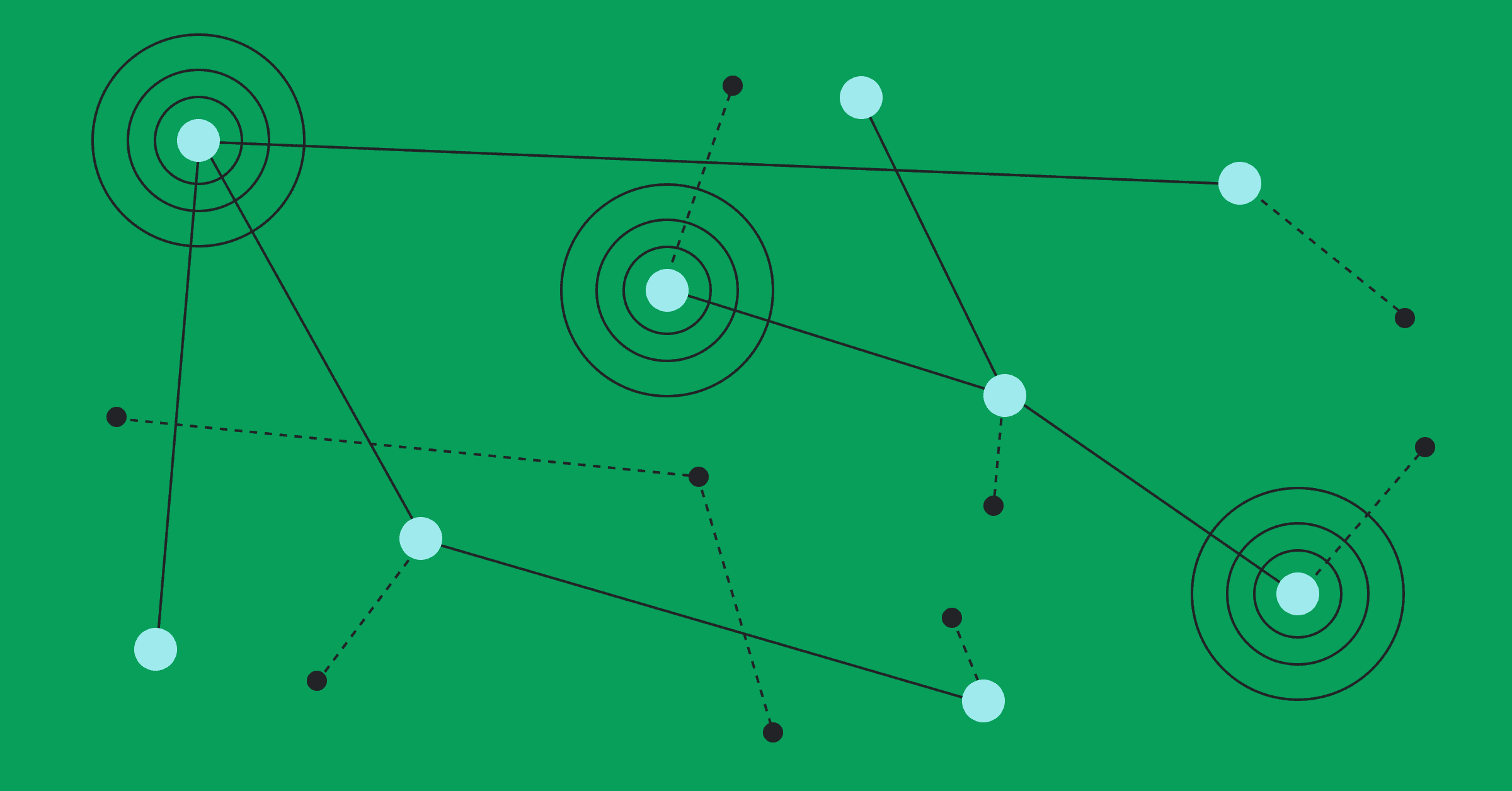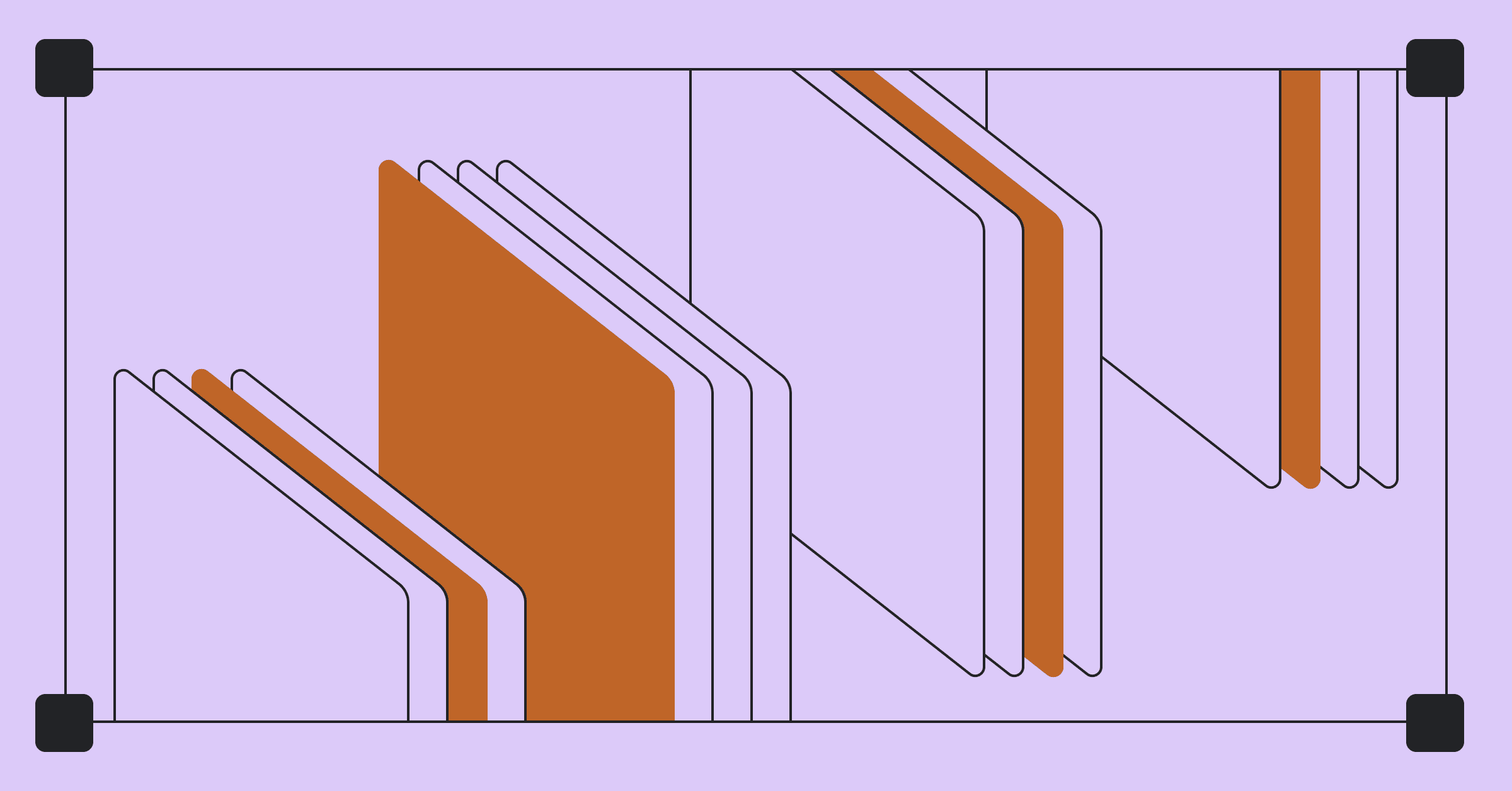Modern software engineering organizations are constantly seeking ways to improve how developers work, build, and deliver software. Ana Petkovska, who leads the Developer Experience team at Nexthink, recently shared her journey from a traditional DevOps organization to engineering productivity and finally to a Developer Experience (DevEx) function focused on improving engineers' lives.
At the heart of this transformation lies an emerging discipline that goes far beyond traditional DevOps to encompass DevEx. This is the story of how one engineering team reimagined productivity, reduced cognitive load, and created a more supportive environment for their developers.
Overextended DevOps teams create bottlenecks for developer support
Like many organizations, the journey began with a traditional DevOps team formed during a critical transition from on-premise to cloud infrastructure. Initially, the team was a collection of specialists handling everything from release processes to Kubernetes, infrastructure-as-code, and access management. As Ana Petkovska recalls, "We somehow built a lot of topics on top of each other. So the cognitive load of the team really expanded."
The challenges became clear: support tickets were exploding, team members became siloed experts in specific technologies, and it became increasingly difficult to prioritize and support product teams effectively.
Google’s engineering productivity model sets a new standard
A turning point came when Petkovska discovered Google's approach to Engineering Productivity. A 2018 video by Michael Bachman, then a Senior Engineering Director at Google, became a pivotal inspiration. The video highlighted a revolutionary concept: dedicated DevOps efforts that make each product team a "first-class citizen."
"It's something that we were missing," Petkovska explains. "I was seeing in our organization a lot of effort on one side, but not all the product teams were receiving the same attention from the DevOps team."
The Google model suggested an 18:1 ratio - one engineering productivity professional for every 18 developers - which provided a benchmark for scaling their own team.
Data-driven measurement transforms developer experience strategies
The transition to engineering productivity wasn't just structural; it represented a philosophical shift. "For me, engineering productivity, or developer experience, is putting that into practice with a bit stronger focus on the engineers," Petkovska notes.
This new approach emphasized:
- Data-driven decision making
- Comprehensive metrics beyond technical performance
- A focus on developer sentiment and experience
Reducing cognitive load through clear boundaries and self-service platforms
The team evolved their measurement strategy, moving from purely technical metrics to a more holistic view. "We started with hard metrics from pipelines," Petkovska explains. But that wasn’t enough.
A critical insight emerged: reducing cognitive load for both product teams and the DevEx team itself was paramount. By creating clear team boundaries and building self-service platforms, they dramatically reduced support tickets and enabled more meaningful work.
"By reducing the support tickets, we got more time to do meaningful and long-standing work that will bring more benefit," Petkovska says.
Consistent DevEx improvements foster transparency and team engagement
To bridge communication gaps, they introduced weekly "DevEx Connect" meetings. These sessions became a platform to:
- Share initiative updates
- Provide adoption support
- Create transparency around changes
- Gather real-time feedback from product teams
Starting with six engineers two years ago, the team has now expanded to 12 engineers supporting approximately 250 engineers across 44 feature teams. Their current ratio is about 1 DevEx engineer to 21 product engineers.
DevEx initiatives deliver measurable business value for engineering organizations
The DevEx team at Nexthink has focused on improvements in a few key areas that were particularly impactful to their company:
- Implementing continuous deployment in internal environments
- Creating self-service platforms that enable product teams to perform tasks independently
- Developing documentation and templates to simplify tool adoption
When presenting their proposal to the rest of the engineering organization, the team highlighted compelling benefits:
- Faster onboarding of new team members
- Improved employee retention
- Potential cost reduction through increased efficiency
- Accelerated product delivery cycles
Prioritizing DevEx enables developers to thrive with less friction
The journey from DevOps to DevEx represents more than a team restructuring, it's a fundamental reimagining of how engineering organizations can support and empower their most valuable asset: their developers. As Petkovska's experience demonstrates, true developer experience goes beyond tools and processes. It's about creating an environment where developers can do their best work with minimal friction, continuous support, and a genuine focus on their needs.




